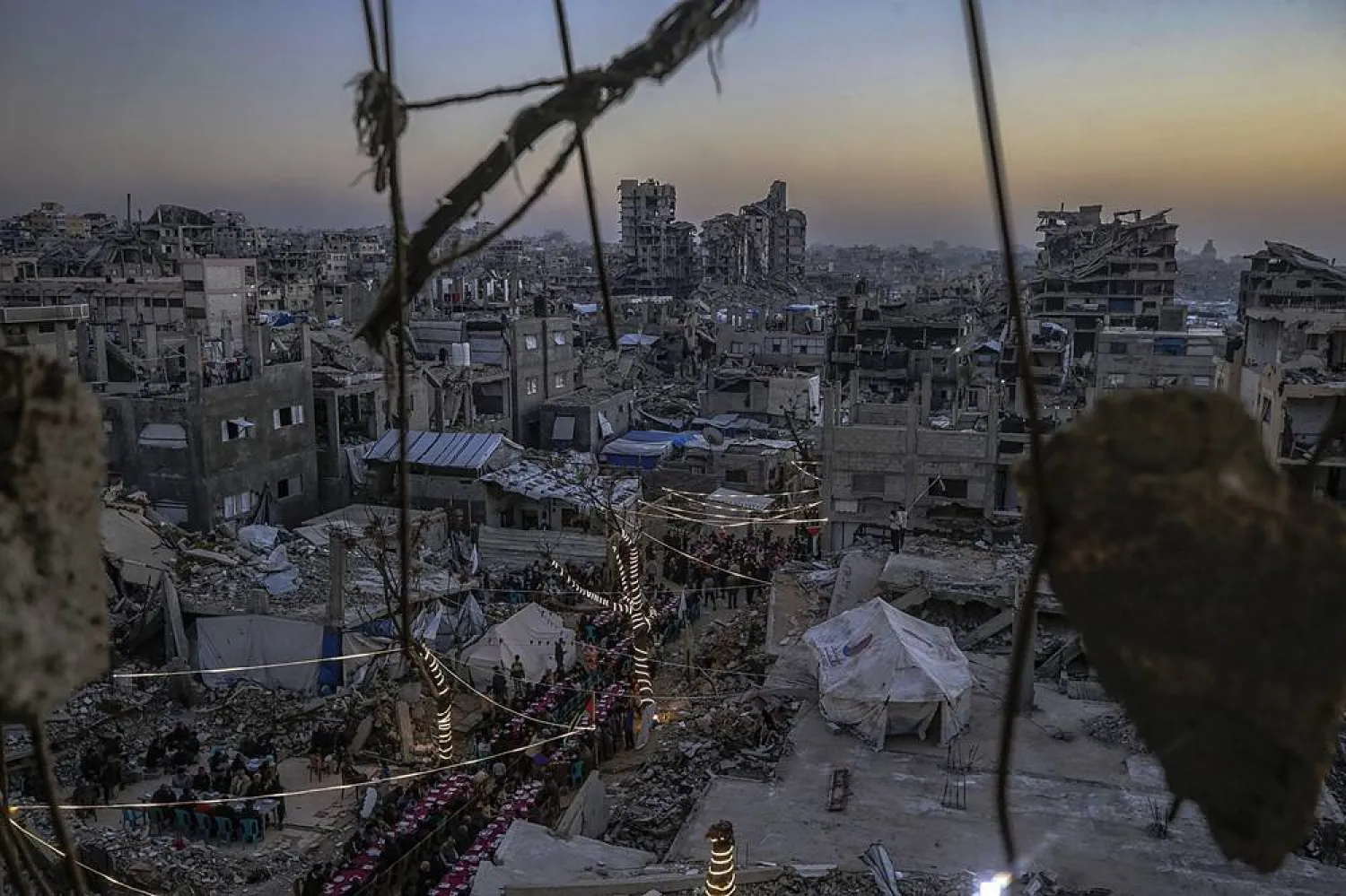The Syrian Network for Human Rights (SNHR) documented the deaths of 86 civilians due to landmines since the beginning of 2020, including 15 children, the highest death toll in the world.
The SNHR announced in its monthly report that at least 126 civilians, including 18 children, eight women and one media worker, were documented killed in October 2020 at the hands of the parties to the conflict and the controlling forces in Syria.
Deaths among Syrian citizens caused by landmine explosions in different governorates and regions in Syria continued in October 2020, indicating that none of the controlling forces have made any significant efforts in the process of clearing landmines, or trying to determine their locations and fence them off, or warn the local population about them, as the report revealed.
The SNHR, as a member of the International Campaign to Ban Landmines – Cluster Munition Coalition (ICBL-CMC), stressed its endeavor within this international coalition to implement a comprehensive ban on the use of landmines and cluster munitions, and to ensure that this becomes a customary law.
The report stated that the crime of murder has become widespread and systematic, mainly at the hands of Syrian regime forces and their affiliated militias.
It recorded the death toll of victims killed by the parties to the conflict and the controlling forces in Syria in October 2020, particularly focusing on the victims amongst children and women, victims amongst media workers, and those who died due to torture, paying particular attention to the massacres committed by the parties to the conflict over the past month.
The beginning of 2020 was accompanied by a violent military operation led by the Syrian regime and its Russian and Iranian allies against the areas outside its control in and around Idlib.
The cities and residential neighborhoods in these areas were subjected to massive and indiscriminate bombardment, which resulted in dozens of deaths and the displacement of residents of entire cities. The first and second months of the year also saw a marked increase in the death toll.
The report revealed that the COVID-19 pandemic and the ceasefire agreement that came into effect on March 6 of 2020 may have had a major role in weakening the capabilities of the Syrian regime’s army and affiliated Iranian militias, which contributed to a decrease in the death toll this year compared to previous years.
However, the insecurity seen in most governorates, including those under the control of the Syrian regime, has caused an increase in killings, mainly through explosions and shootings by unknown persons.
The report also documented three massacres in October 2020, one at the hands of Syrian Regime forces, another at the hands of US-led coalition, and the third as a result of a car bomb of unknown origin in al Bab city in the suburbs of Aleppo governorate, with the term massacre used in this context to refer to an attack that caused the death of at least five peaceful individuals in the same incident.
It noted that ISIS and Hay’at Tahrir al Sham have both violated international humanitarian law by killing civilians, while the alliance of US-led coalition and the Syrian Democratic Forces carried out attacks that are considered violations of international humanitarian law, with the crimes of indiscriminate killing amounting to war crimes.









